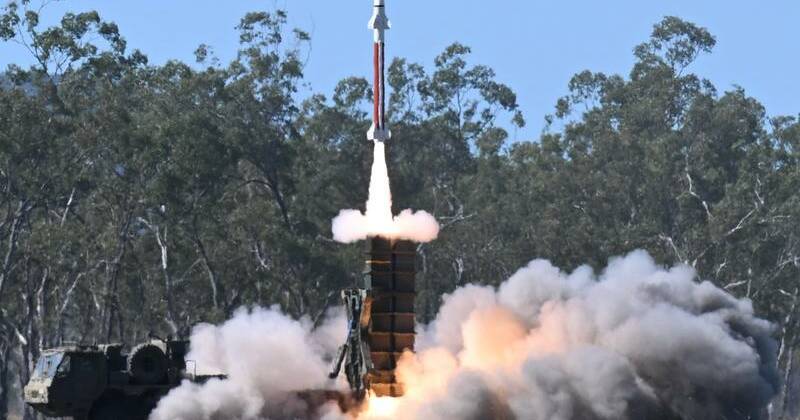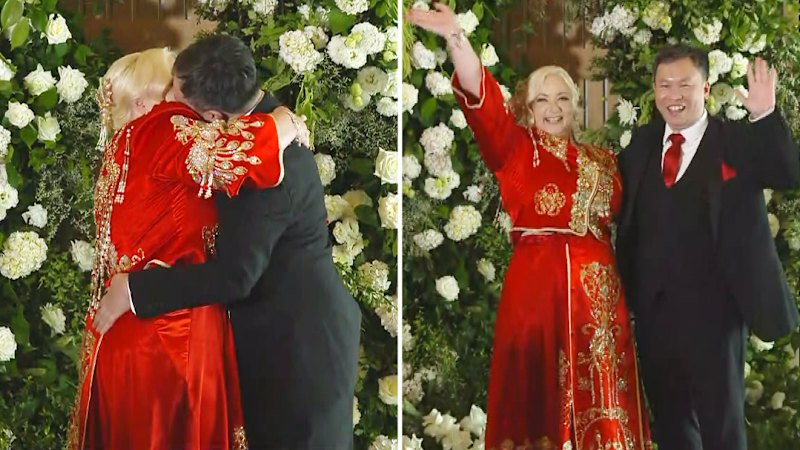
UPDATE: Australia has issued a stark warning to the United Nations about the urgent risks posed by military artificial intelligence (AI), particularly regarding nuclear weapons. In a powerful address to the UN Security Council on October 27, 2023, Foreign Minister Penny Wong emphasized that failure to act could lead to catastrophic scenarios resembling “bad Hollywood movies.”
The Global Commission on the Responsible Use of AI in the Military has called for legally binding agreements to ensure that decisions regarding nuclear weapon deployment remain firmly under human control. Wong highlighted the extraordinary potential of AI but cautioned about its significant dangers if left unchecked. “AI’s potential use in nuclear weapons…challenges the future of humanity,” she declared.
In a critical endorsement of the commission’s findings, UNSW Professor of AI Toby Walsh stressed the importance of not relinquishing control over nuclear decisions to algorithms. “We have to be realistic…AI is very much a double-edged sword,” he stated. Walsh warned that relying on AI could drastically alter the nature of warfare, increasing speed and lethality to dangerous levels. He expressed concern that humans may not be able to respond quickly enough in a conflict situation, leading to devastating consequences.
Wong reiterated that human judgment has traditionally constrained nuclear warfare, with leaders bearing responsibility and conscience. “AI has no such concern, nor can it be held accountable,” she cautioned. The implications of AI in military contexts could escalate conflicts without warning, fundamentally altering the landscape of warfare.
In her compelling speech, Wong called for stricter standards to ensure AI’s ethical and safe use. She highlighted the current crisis of truth, stating, “While once we grappled to discern fact from propaganda, we are now witness to a collapse of truth altogether.” Her remarks come at a pivotal moment as Australia seeks a two-year term on the UN Security Council starting in 2029, aiming to contribute to international peace alongside established powers like the US, UK, France, China, and Russia.
The urgency of Wong’s message resonates globally, as nations grapple with the implications of AI in military applications. The call to action is clear: decisions involving life and death should never be delegated to machines. As the world watches, the need for collective action and established norms in AI governance has never been more critical.
The discussion surrounding AI’s role in military strategy is evolving rapidly, and the stakes could not be higher. As countries prepare for future conflicts, the potential for AI to redefine warfare raises profound ethical and practical questions that need immediate attention.
The world must engage in dialogue and take proactive measures to prevent AI-driven scenarios that could lead to unprecedented human suffering. The time for action is NOW.





